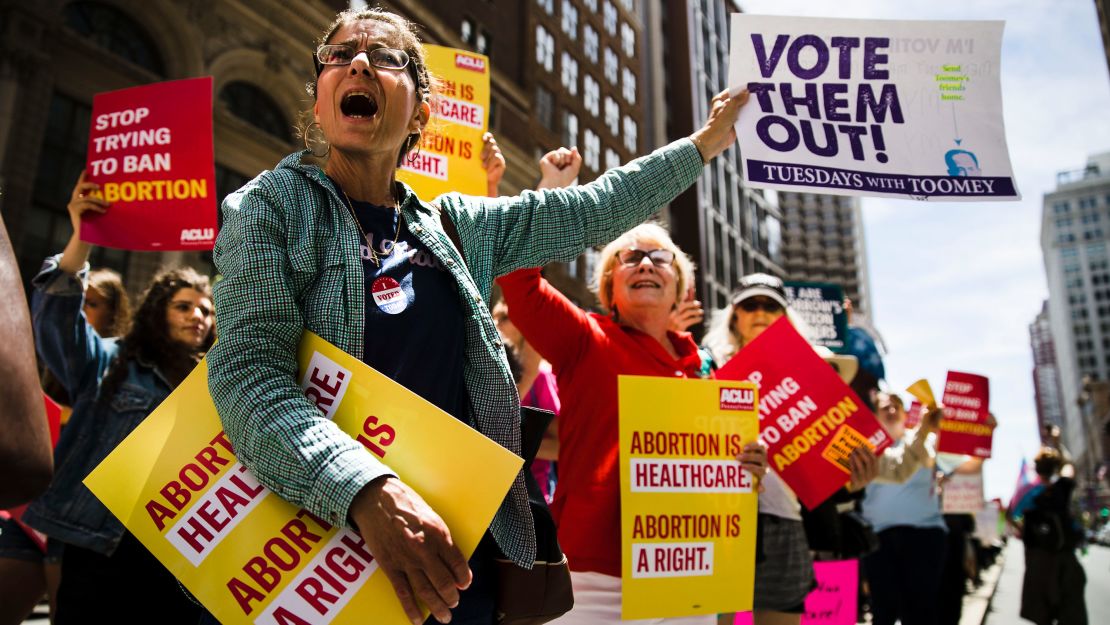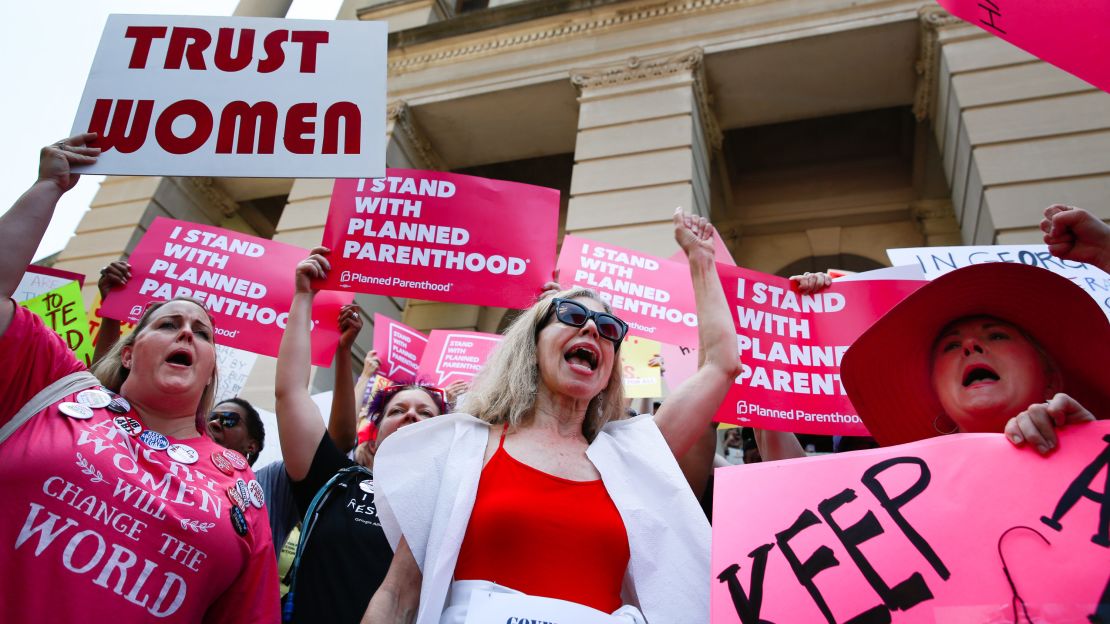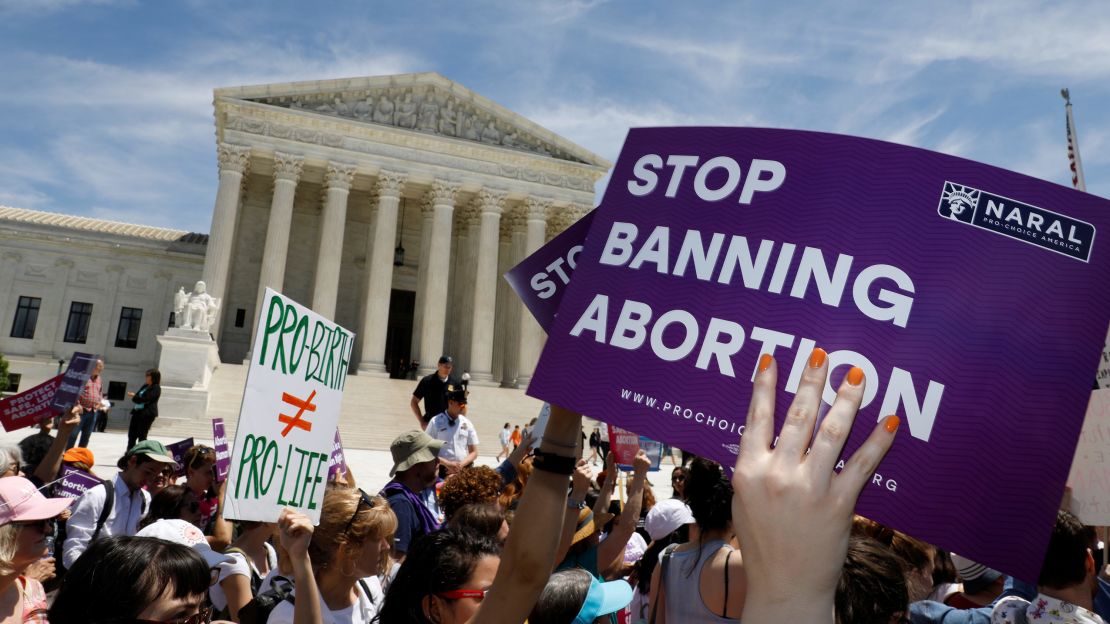Women’s rights laywer Gloria Allred is opening up about an abortion she had in the 1960s after she was raped at gunpoint in Mexico.
Allred described her experience during a rally in New York on Tuesday – part of nationwide protests against recent abortion bans in Alabama, Georgia and Mississippi. More than 50 organizations took part in the protests dubbed #StopTheBans.
The sexual assault happened while Allred was on vacation in her 20s, she said, and forced her to get an illegal abortion after she returned to the United States.
“I had to get a back-alley abortion in a bathtub from a person who was not licensed, they were just doing it for the money,” she said. When she started hemorrhaging after the procedure, the person who performed the procedure told her it was her problem now, she said.

The attorney said she knows from experience what happens when abortion is criminalized. During her ordeal, she was hospitalized with a fever of 106 degrees – surrounded by women who’d had illegal abortions, she said.
“The only time a hospital would admit a woman like me was if she was bleeding to death from an abortion,” she said. “The nurse said to me, ‘This should teach you a lesson.’ The lesson I did learn is that abortion should be safe, legal, affordable and available.”
Allred said recent anti-abortion legislation in several states will leave women and girls in a similar situation as she was in decades ago.

“The victims and the women and the girls will have to get a back-alley abortion and are going to be left to die,” she said.
She slammed the officials passing the bills, saying it’s not their place to decide what women do with their bodies. She called on women to demand their rights and help protect their mothers, sisters and other women.
“Most of these governors who are signing bills into laws will never have to have an abortion. … Abortion should be legal, not just in cases of rape, not just in cases of incest. It’s a woman’s choice and no elected official has the right to make that choice for us,” she said.

States limiting access to abortion
The controversial bills signed recently have led to protests in major cities nationwide as emboldened Republican-led states attempt to push through restrictive laws with the hope of overturning or cutting back on the landmark 1973 opinion, Roe v. Wade.
Alabama passed a law that would ban abortions with few exceptions, going further than legislation in any other state. Gov. Kay Ivey signed into law a bill that could punish doctors who perform abortions with life in prison.
In Georgia, Gov. Brian Kemp signed a bill that bans abortions if a fetal heartbeat can be detected. Currently in Georgia, women are allowed to undergo abortion procedures up to their 20th week of pregnancy. Starting in January, the new law generally would ban abortions after a fetal heartbeat is detected, which can be as early as six weeks into a pregnancy – when many women don’t yet know they’re pregnant.
In Mississippi, Gov. Phil Bryant signed a “heartbeat” bill in March. Exceptions are to prevent a woman’s death or her serious risk of impairment. Same as Ohio, where Gov. Mike DeWine signed into law a heartbeat bill in April. A federal judge expressed skepticism about the state law that bans abortion as early as six weeks of pregnancy, sending a signal that attempts across the country to pass near total bans on abortion might not easily withstand judicial scrutiny.
Other states such as Utah passed such laws, only to be blocked by a federal judge.

